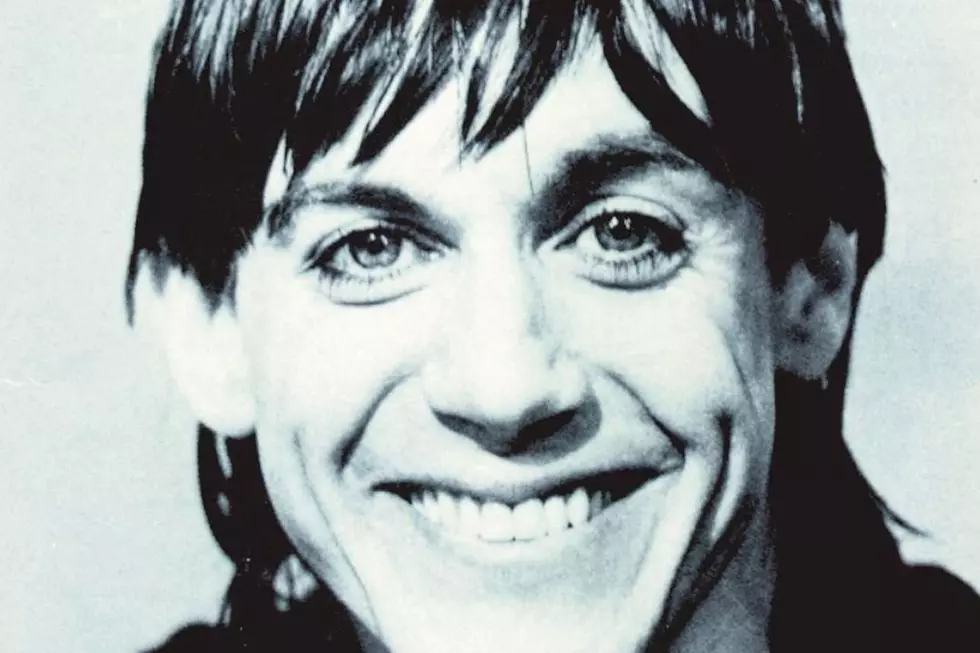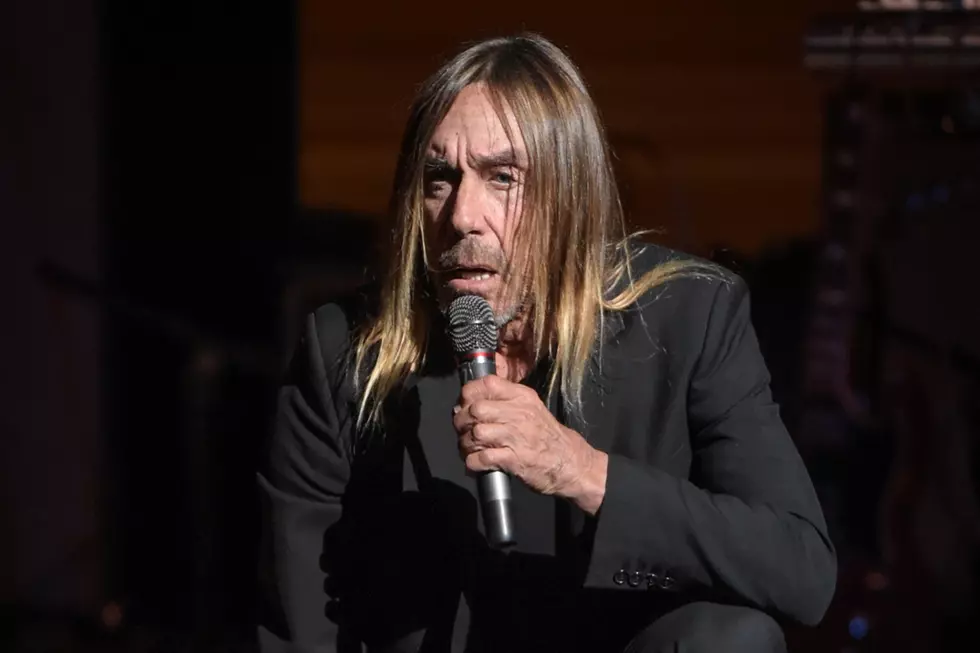
The Roots of Indie: Iggy and the Stooges – ‘Raw Power’
Defining a "patient zero" album for punk rock is above my pay grade. Every record I listen to leads back to the five records that influenced it, which leads to the 25 albums that inspired them, and on and on.
It's like pulling a loose thread on Kurt Cobain's cardigan. Or something like that.
Even in the enclosed space of the Iggy and the Stooges camp, one can make a reasonable argument for whether 'Raw Power' or its predecessor, 'Fun House,' lays claim to "first punk record" status. Ask me tomorrow and my answer may change, but probably not: 1973's 'Raw Power' gets my vote.
Influence is the key word, at least in the context of 'The Roots of Indie,' and few records have exerted as much influence as 'Raw Power.' Henry Rollins doesn't have 'Search and Destroy' tattooed across his back for nothing. When V. Vale created the essential American punk zine, he didn't name it 'Never Mind the Bollocks,' but -- you guessed it -- 'Search and Destroy.'
And it's no wonder. 'Search and Destroy,' the album's opening track, sets the tone for the entire punk movement with it's opening lines: "I'm a street walking cheetah / with a heart full of napalm":
Even the story behind the album is full-on punk rock. After only two albums, the Stooges had pretty much self-destructed on the backs of substance abuse issues, not the least of which was Iggy's heroin addiction. Pop signed as a solo artist with MainMan, the company that managed David Bowie's career through 1975, and set up shop in London to cut his solo album. Guitarist James Williamson was slated to accompany him, and shortly thereafter the Asheton brothers joined the pair and the Stooges were reunited.
They recorded 34 minutes of sonic artillery bombardment, eight bone rattling songs built from big hooks. Iggy Pop's vocals range from whisper to baritone to scream, sometimes all in the same song. It's a trick that Kurt Cobain deployed often and is usually attributed to the Pixies, but check out 'Gimme Danger':
From the pretty little opening guitar figure to the building rage in the vocal, the influence on Nirvana is evident. Cobain made no secret about this: He cited 'Raw Power' as a major influence on the band.
The first wave of punk rockers were influenced, too. Sex Pistols guitarist Steve Jones often cites the Stooges influence, and it's hard to imagine the Damned without the template laid down in the record's title cut:
The final mix of 'Raw Power' has long been a topic of debate. Pop's original mix was rejected by manager DeFries, and Bowie was brought into "rescue" the album. Bowie's mix was criticized for years as murky. Given the chance for a 1997 reissue, Pop pushed the meters into the red for another remix, which was then criticized as inferior to Bowie's.
Which mix is right?
They both are. Pick them both up, and while you're at it, throw in a bootleg of Iggy's original mix. What you'll realize is that when the songs are that good, it doesn't really matter how they're mixed. The Mona Lisa is still the Mona Lisa, regardless of the lighting.
When 'Raw Power' dropped in February 1973, though, it was hardly greeted as a work of art. The critics dug it, but it barely cracked the 'Billboard Top 200' before disappearing. A year after the album was released, the Stooges were dropped by both their label and their management and went their separate ways for nearly 30 years.
'Raw Power' is now widely regarded as one of the most influential albums of all time.
Time is the great equalizer, though. 'Raw Power' is now widely regarded as one of the most influential albums of all time, and Pop and Williamson are still out there with a new Stooges lineup. In 2010 the band was inducted into the Rock and Roll Hall of Fame, 16 years after their initial eligibility.
If you don't have a copy or three or 'Raw Power' in your stacks, you need to get on that. It's essential listening for any fan of alt and indie rock.
More From Diffuser.fm









